COMMUNICATE
Print Knowledge
Preschoolers are developing their understanding of what print is and how it works
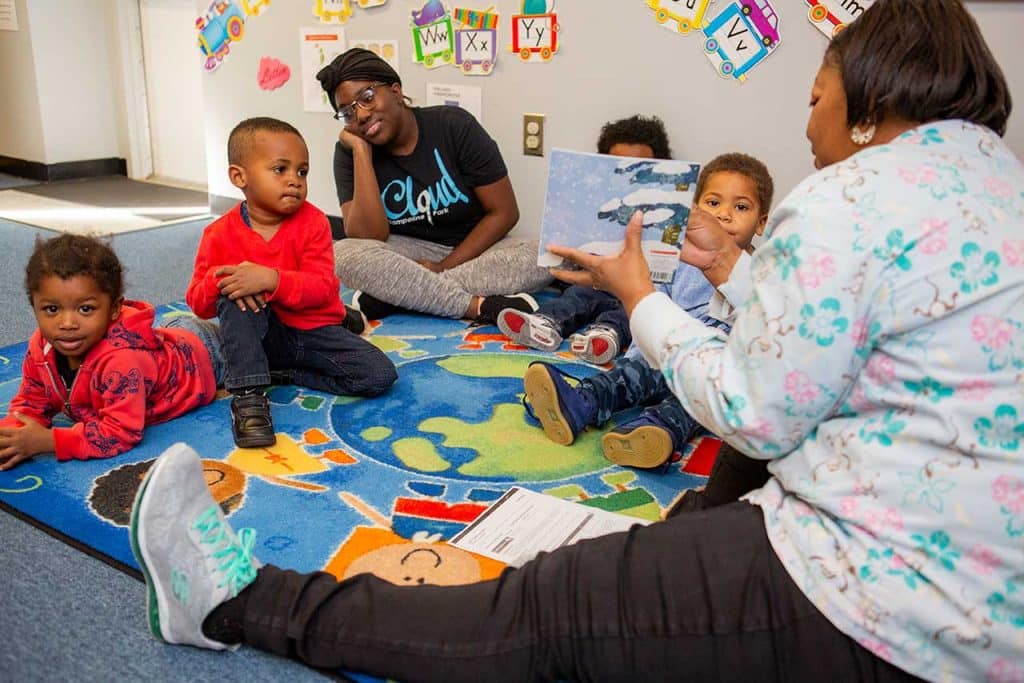
At A Glance
For preschoolers, print knowledge sets the stage for formal reading instruction. When children understand what print is, they can begin to figure out how it works. This helps children make meaning out of books, signs, and other print in their environment. We can support children’s development of print knowledge by drawing attention to printed words, talking about reading, and commenting on how print is organized.
What It Looks Like
A quick glance at ways you can support preschoolers' print knowledge
Comment on Print
Embed talk about reading and print-related vocabulary into literacy activities. Notice how this educator uses words related to print such as read, page, author, and words.
Teach Letter Names
Support children as they learn the letters and the sounds of the letters that make up their name. Notice how this educator uses letter sounds to provide hints when the child needs help identifying the letters in their name.
Encourage Interest in Print
Draw attention to what print is and how it works. Notice how this educator prompts the child to watch while writing and reading the word “love” from left to right on the board.
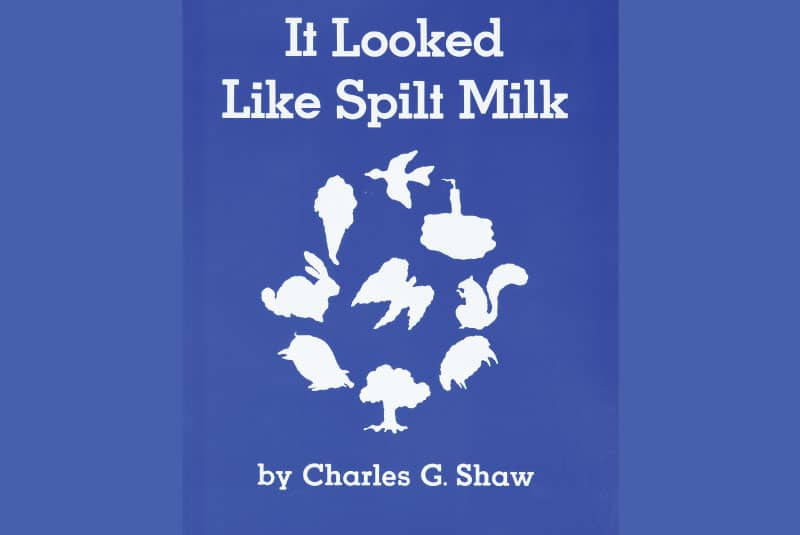
SUPPORTING PRINT KNOWLEDGE SKILLS THROUGH BOOKS
It Looked Like Spilt Milk
Written and illustrated by Charles G. Shaw, this book features white images against a blue background, and is helpful for pointing out each characteristic of a printed book.
SUPPORTING PRINT KNOWLEDGE SKILLS THROUGH BOOKS
Rosie's Walk
Written and illustrated by Pat Hutchins, this book uses short sentences with few words to describe a hen’s walk in the farmyard as she inadvertently thwarts a fox’s advances.
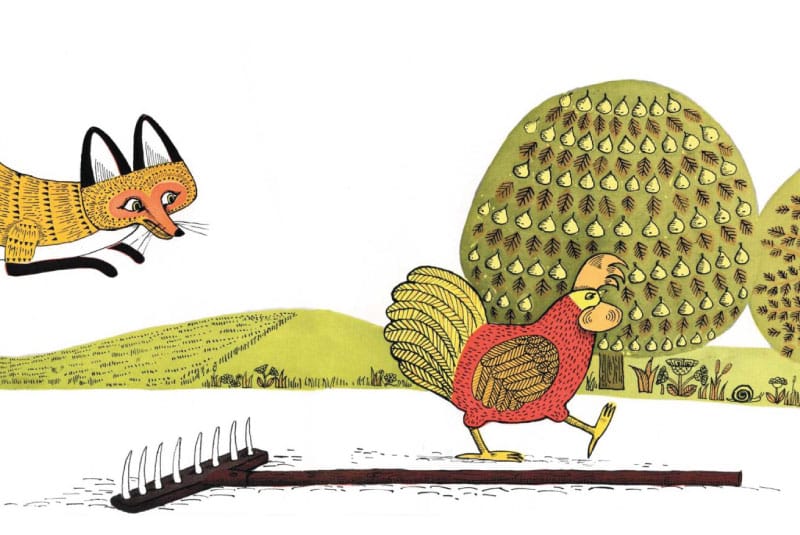
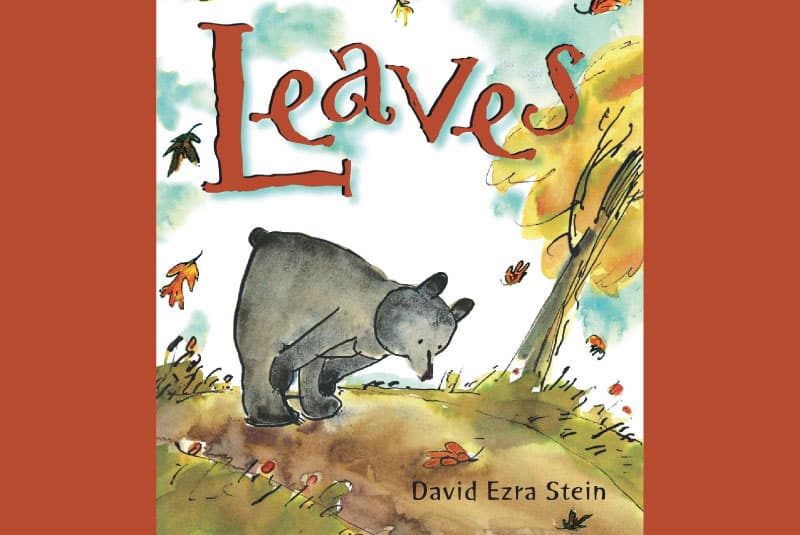
SUPPORTING PRINT KNOWLEDGE SKILLS THROUGH BOOKS
Leaves
Written and illustrated by David Ezra Stein, this story is about a bear’s curiosity with autumn and has all the typical characteristics of a book to point out, such as a title, front, back, and pages.
Activity Cards for Preschool Classrooms
Part of the STREAMin3 curriculum, these activity cards provide simple and fun ways to support children's print knowledge skills
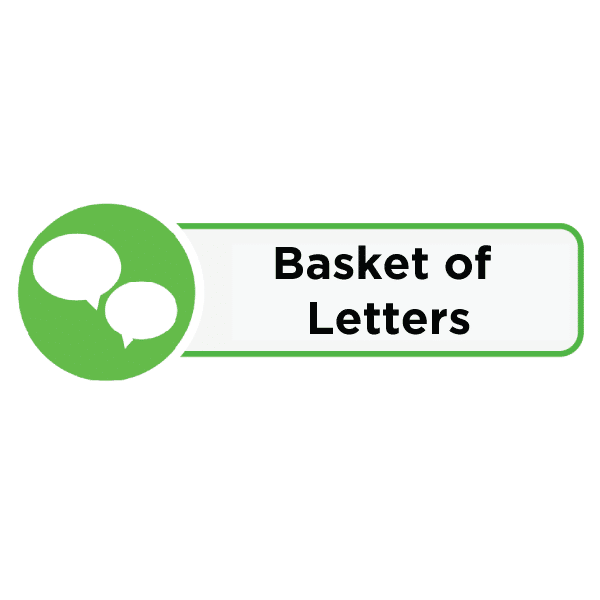
Basket of Letters
Play a game that involves picking letters out of a basket or container and singing a rhyme.

Letter Hunt
Search for letters in your environment, and adapt the search based on children's needs.
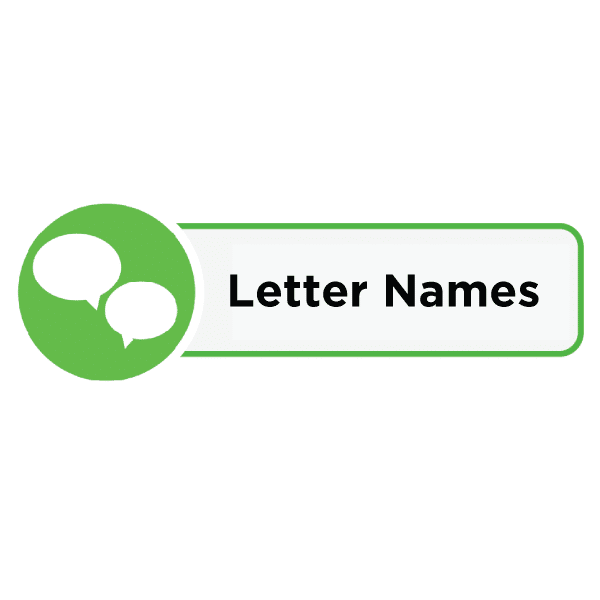
Letter Names
Give each child and teacher name cards. Prompt children to identify the letters in names.
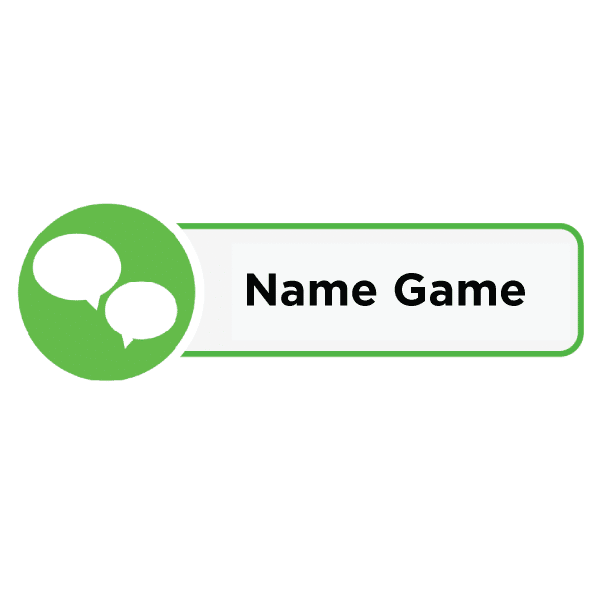
Name Game
Play a guessing game using only the names of the children in the class. Children guess letters to determine whose name it is.
Get Our Resource Guide
Includes questions and activities to guide your use of the videos, book suggestions, and activity cards featured for each of the Core Skills